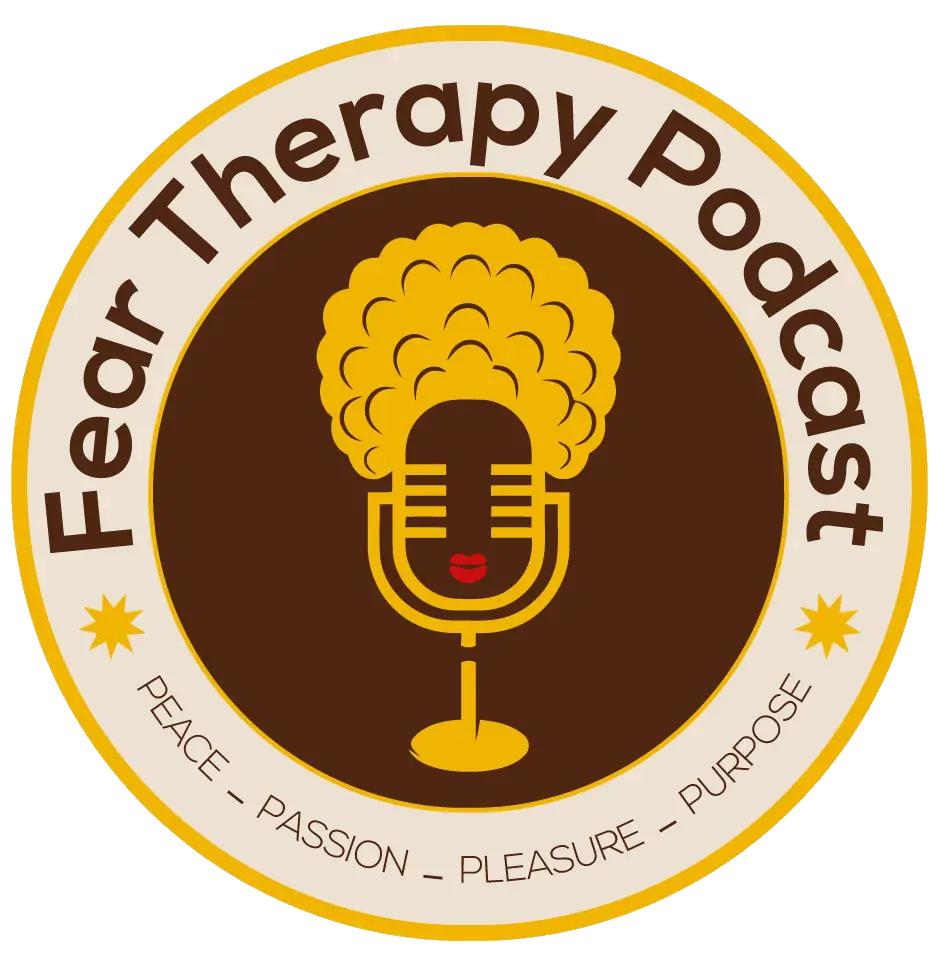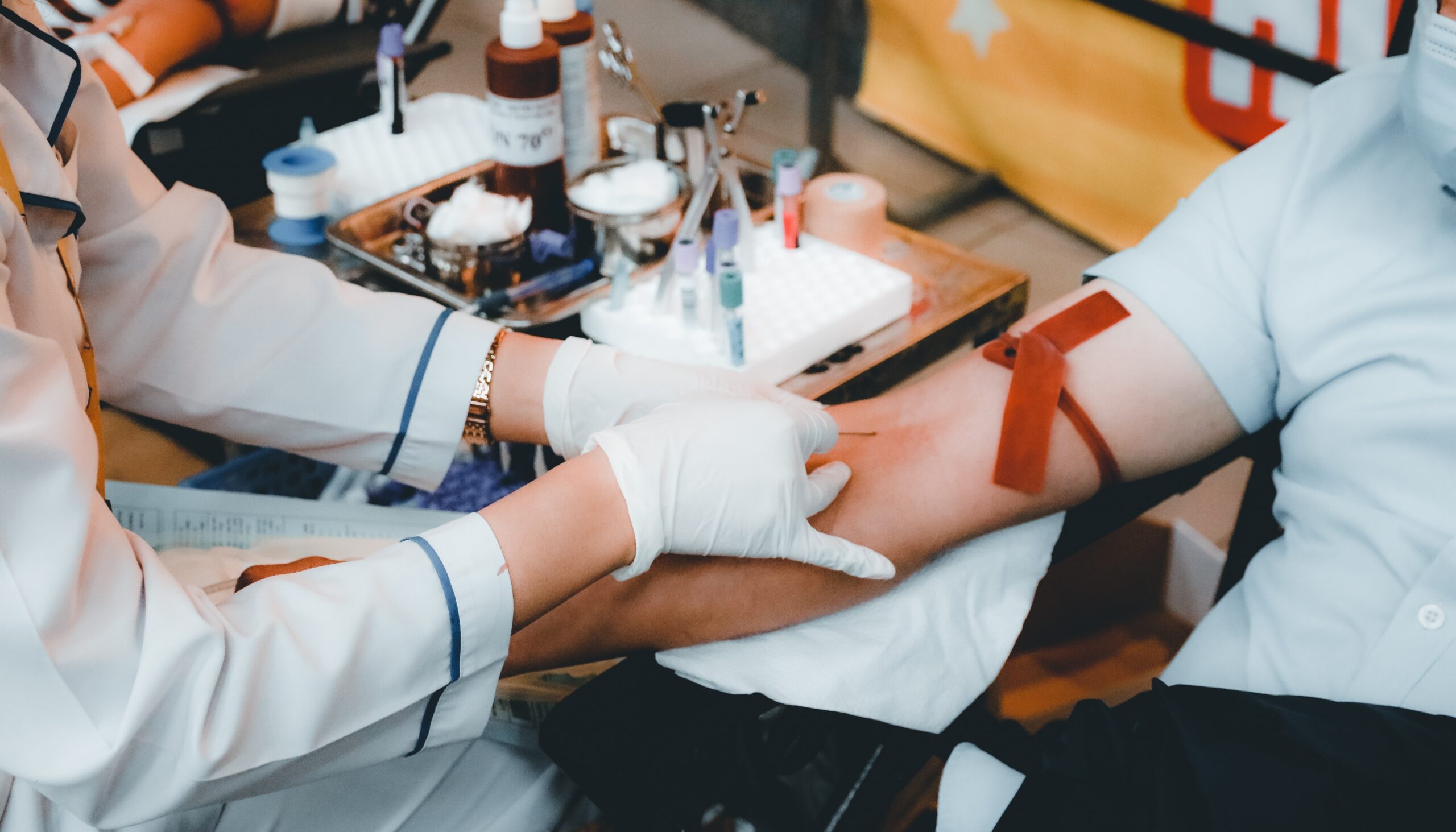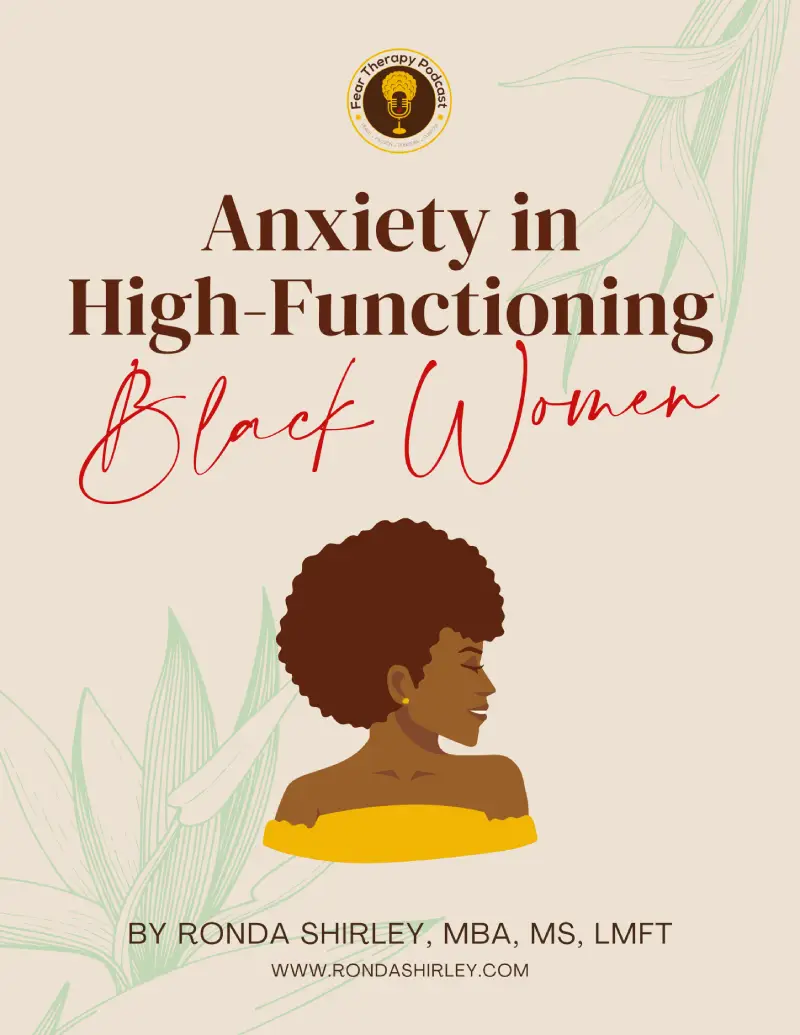I understand that your fear of seeing blood can be extreme. There may be times when you feel overwhelmed or anxious in situations where blood is present, or might faint just by the thought of seeing blood. This intense fear is called hemophobia.
I remember the child of one of my friends, Aly. She was 13 when she got into a small accident while they were on vacation. Her injury needed medical attention to be stitched, and that was when they discovered that she has an intense fear of blood. Since then, she has been avoiding medical procedures and situations that involve blood, which has caused her to miss out on some important health check-ups. Her fear has also affected her career choices as she cannot work in medical or emergency services.
The main cause of hemophobia is not completely understood. However, it is known that individuals who have a family history of phobias or anxiety disorders are more likely to develop a this fear. Occasionally, stressful or traumatic events like a bad injection or witnessing an injury can also cause fear of blood.
It’s important to understand that there are different signs to determine that fear can manifest in various ways and impact different aspects of one’s life.
Here are the symptoms to look out for:
1. Physical Symptoms
This phobia can cause physical signs like trouble breathing, a fast heart rate, tightness or pain in the chest, shaking or trembling, feeling lightheaded, getting sick when there is blood or an injury, hot or cold flashes, and sweating.
2. Emotional Symptoms
Emotional signs can include extreme anxiety or panic, a strong need to get away from the situations involving blood, feeling detached from yourself or “unreal,” feeling like you’ve lost control, feeling like you might die or pass out, and feeling helpless in the face of your fear.
3. Symptoms on Children
Different things happen when children have phobias. Children who are afraid of blood may have tantrums, become clingy, cry, hide, and refuse to leave their caretaker’s side when there is blood or a chance of blood being there.
The good news is that this can be managed with the right approach.
The following strategies and tips can be used to help individuals manage their stress levels due to hemophobia:

1. Practice and develop relaxation skills
Fears can be treated with anything from yoga to deep breathing. Mindfulness techniques as well as relaxation methods can help you deal with stress and ease its physical and mental effects.
2. Try challenging your negative thoughts
By questioning your negative thoughts about blood, you are more likely to be able to deal with your fears. For example, if you have hemophobia and think you can’t handle having your blood drawn, you can challenge this thought by reminding yourself that a blood test is a normal process that many other people go through every day without any problems.
3. Distraction techniques
Focusing on something else or doing something else can help you forget about a situation that might involve blood or the thought of blood. Some of these methods include reading, playing games, and listening to music.
4. Seek professional help
When you feel helpless despite doing the strategies listed above, consider getting therapy and intervention from a mental health professional who can provide you with personalized support and guidance to manage your symptoms.
Keep in mind that if your fear gets out of hand and starts interfering with your daily life, it’s important to seek professional help as soon as possible to prevent it from worsening and impacting your overall well-being. Follow my TikTok account for more tips to manage your fears.










